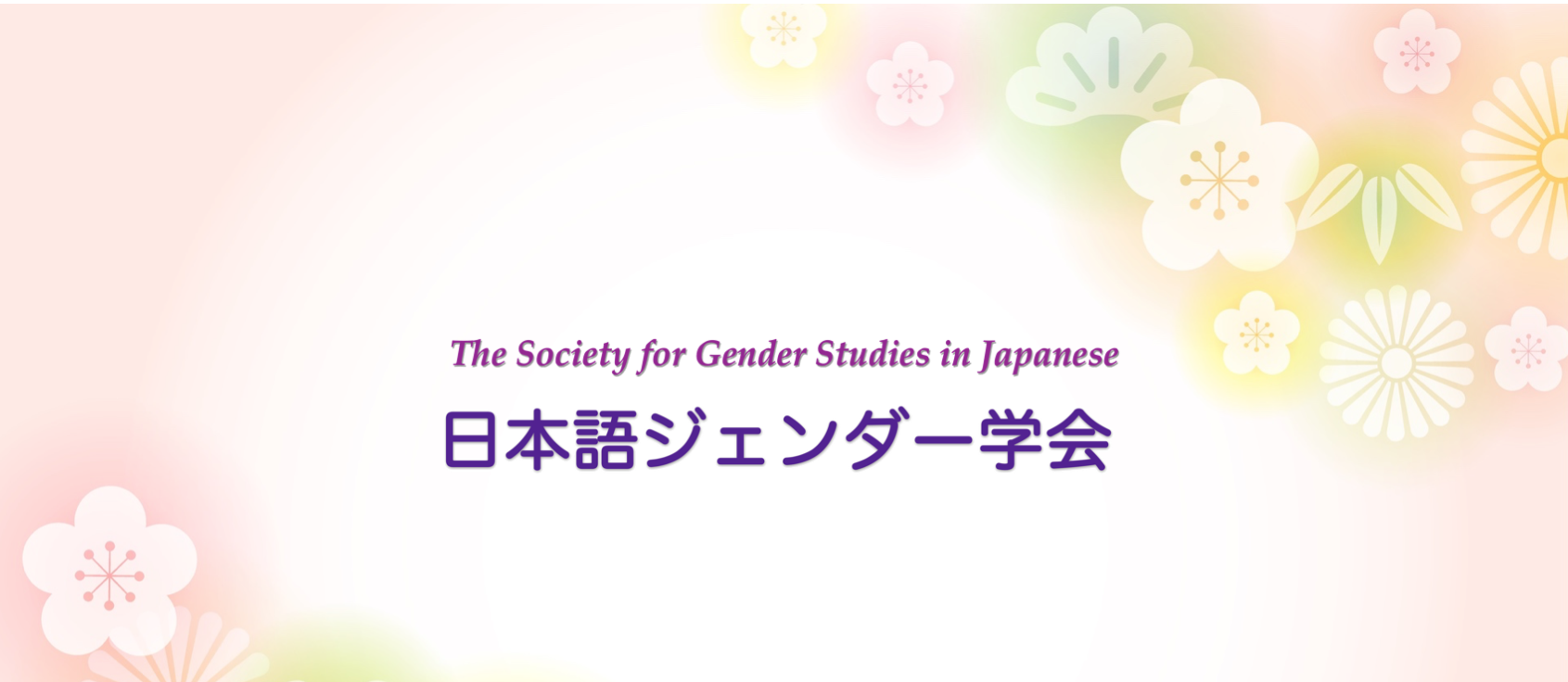【エッセイ】
Dialog on Gender, Language and Culture -3-
Addressing with kinship terms (親族呼称による対称・呼びかけ)
Katsue A Reynolds
Dear Prof. Kunihiro (…..)
「さん-呼び」にしてくださってうれしいかぎりです。でも、さっそく困ったことになりましたね。私のほうから「くにひろ-さん」というのにはいささか勇気がいります。英語でDear Tetsuya というわけにもいかないし。
そこでProf. Kunihiro (…..) という変な挨拶になりました。この問題は、ホノルルのメディア・タスク・フォースで散々やった問題ですが、また別の機会に取り上げさせてください。今回はAddressing の問題に繋いでいきたいと思います。
対称としての親族呼称は、鈴木孝夫氏などが早くから論じているのを知っていましたけれど、他の言語にもかなり共通しているのかなーと思います注1 。アジア系の移民や留学生の多いハワイでは、ちょっとズレたアドレス感覚が英語的な意識とぶつかりあいながら、わたしたちを悩ませています。
Recently, my friend Barbara has become friends with a Vietnamese family, a young scholar couple (East West Center Grads) and their children. When they came to her dinner, the man/father referred to Barbara as "Grandma" and her husband, who is only 50, as "Grandpa", in his conversation with his children. I thought it was almost embarrassing.
Then, when they came to Barabara’s Chanukah party, he (father) referred to ME (!) as "Grandma". It made me feel so uncomfortable that I was no longer in my usual party spirit. It seems that the Vietnamese addressing/ referring system resembles the old Japanese system.
日本の商店街に買い物に行ったとき、よく「オクサン」と呼びかけられました。「オカアさん」と呼びかけてくる「オジさん」もいました。ハワイでも、似たようなことば使いが現象しています。
たぶん、アジアとか,太平洋の島国American territories からの移民の文化かもしれません。今日もキャフェテリアに行った時に、いつも見かける女性(「オバさん」)に Happy New Year! と挨拶したら、How are you, mama? と返ってきました。Aunty も多いです。さすがに「granma」はありません。
I have one sad story about a Japanese friend of mine, a retired professor. When she was a professor of Kobe University, everybody addressed her as “sensei”. When she left the position and began her retirement life with the expectation “now that I have a lot of time in life for what I have always wanted to do, I will first go to English conversation class.” A young man in her class talked to her,
“Obaa-san, erai ne,” meaning “Grandma (old lady), you are great,” which shocked her.
She quit the conversation class on that day. She was not able to deal with the world where she was just an old woman, not a professor anymore. If it had been a male retiree, would the young man address him “O-jiisan”? My friend became a “hiki-komori” (social-phobia, seclusion/isolation syndrome).
I also have an amusing story as well: I was walking with Prof. K, a male professor
(about 65 at the time), in Japan. A woman of about 50, approached us to ask for directions. She addressed him with “o-nii-san”. Prof. K, interpreting the term as proof the lady had seen youth in him, was very pleased.
Although I think the use of kinship words for addressing/referring is mostly problematic, it is also used to please the addressee. Since we cannot change the existing system of our language overnight, we need to take a cool attitude while we observe the psychology damage it could incur on others.
わたしの父は、すごいマッチョーでした。高年になって少しまるくなったなーと思ったころ冗談半分に「タカヒロさん」を使って見ました。しばらくは面白がってへらへらしていましたが、じきに耐えられなくなったらしくて「バカにするのもいい加減にしろ!」と身体を震わせるのに驚きました。日本的な「人格構造」が父の意識の奥の奥まで行き渡っていたのですね、きっと。文化変革とかなんとか言っても人の心を傷つけるのもよくないし、と反省した次第です。
言語というのは、きちんとでき上がってあるものではなくて,ホモ・ロクエンス(言語を使う動物)としてのわたしたちが宿命的に抱え込んだパラドックスなのですね。わたしの「知ったかぶり」ではなくて、実は、70年代のアメリカの学者たちが気づいていたことだったようです。
2005年の北京の学会で次のようなことをしゃべりました注2。
The American Academy of Arts and Sciences, being aware of this paradox, had a conference on “Language as a Human Problem” in the summer of 1973.
In the conference Dell Hymes encouraged linguists to research various sociolinguistic phenomena, such as, lingua franca, pidgins and creoles, standardized languages, multiple repertoires, as historical solutions to the problem.
最終的な解決はないのかもしれません。具体的にどんな場面でどんな問題が生じるかという知識をもつことで、お互いに少しでも優しくなれるとしたら、言語研究もuseful ですね。引き続きよろしくお願い致します。
2012年2月
注
1. Words in Context (ことばと文化, 1973)(本文へ)
2. Looking for the future of the Japanese language-- A paper prepared for the Fifth International Conference on Diversity in Organizations, Communities and Nations, Institute of Ethnic Administrators, Beijing, 30 June to 3 July 2005.(Edited draft をUH Scholarspace にアップしました。2000年、小渕首相時代に英語公用語化が提案されたことについて論じたペーパーです。Reynolds, Katsue Looking for をgoogle していただければ、検索できます。)(本文へ)
